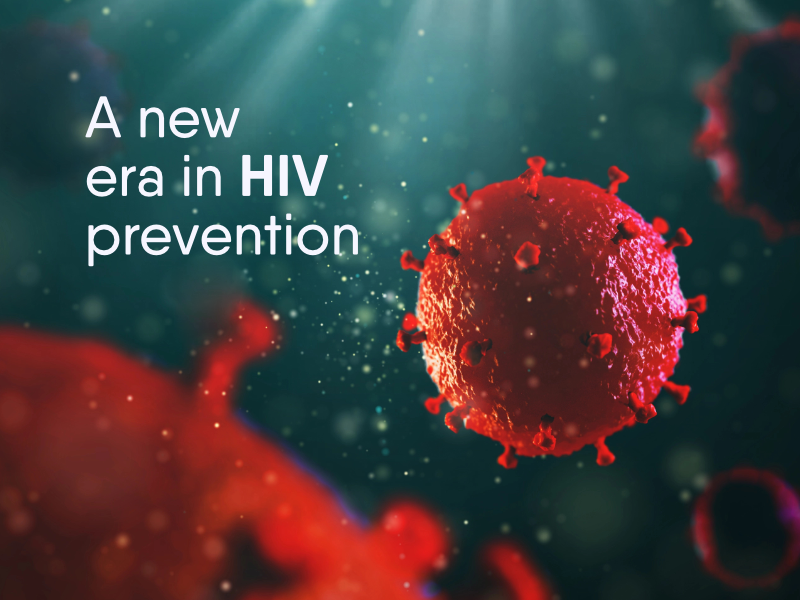Keeping up with the Covid-19 pandemic: what you need to know about the SARS-CoV-2 variants
- Dr. Blaise Ntacyabukura

- May 31, 2021
- 2 min read
Updated: Feb 1, 2022

All viruses, including SARS-CoV-2 that causes the coronavirus disease 2019 (Covid-19), evolve over time. When the transmission of the virus increases, the higher the likelihood of its mutations. If you think about a virus like a tree growing and branching out, each branch on the tree is slightly different from the others. By comparing the branches, scientists can label them according to the differences. These small differences, or variants of the SARS-CoV-2, have been studied and identified since the beginning of the COVID pandemic. In general, these changes might affect the virus’s transmissibility and severity. However, most viral mutations have little to no impact on the virus’s ability to cause infections and disease.
The WHO has classified variants of the COVID-19 causing viruses into two major categories: The SARS-CoV-2 Variant of Interest and the SARS-CoV-2 Variant of concern. Scientists describe a variant of interest as one characterized by observable changes on the receptor that the virus uses to bind to human cells or have genomic changes associated with the established or suspected observable changes. On the other hand, a variant of concern is characterized by increased transmissibility, virulence, and resistance to public health measures, diagnostics, or vaccines in place.
The Center for Disease Control and Prevention (CDC) has defined another category of the COVID-19 variant. It is called a variant of high consequence, characterized by significant resistance to vaccines, diagnostics, and increased disease severity and hospitalizations. Fortunately, none of the high consequence variants has been identified.


Do the current vaccines prevent these variants?
The current COVID-19 vaccines approved can provide at least some level of protection against these variants. Once it is found that vaccines are less effective to a new variant, there is the possibility of changing the composition of the vaccines to increase their efficiency against the new variants. That is because vaccines invoke a wide range of immune responses.
Collectively, we have to do everything possible to curb the spread of COVID-19. The more it is spread, the higher the risk of having variants that reduce the efficacy of all prevention methods, including vaccines. You can stop the spread of Covid-19 by always wearing a facial mask when you are going to meet people outside your bubble, adhering to social distancing recommendations, washing your hands frequently, and whenever there is an opportunity for vaccination, please don’t miss it unless you are vaccinated.
Until next time - Stay safe!



Comments